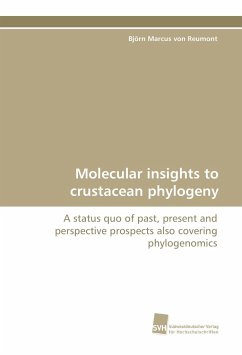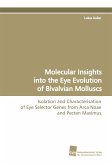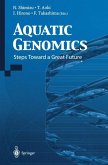The monophyly of some crustacean groups is generally accepted, but for several groups unclear. Crustaceans are additionally important to enlight the question how land was successfully conquered by arthropods. This is closely linked to the still debated position of crustaceans within arthropods and the supposable sister-group of crustaceans. Most molecular studies of crustaceans rely on single or multigene analyses. However, intensive data quality and alignment assessments prior to phylogenetic reconstructions are not conducted in most studies. Additionally, a complex modeling and the implementation of compositional base heterogeneity along lineages are missing. One methodological aim in the present analyses was to implement new tools to infer data quality, to improve alignment quality and to test the impact of complex modeling of the data. The conclusion is that alignment evaluation and processing improves the resulting inference of the phylogeny. Assessing the quality of the signal or potential conflicts in the dataset is extremely important. Complex models can improve the phylogeny reconstruction additionally.








